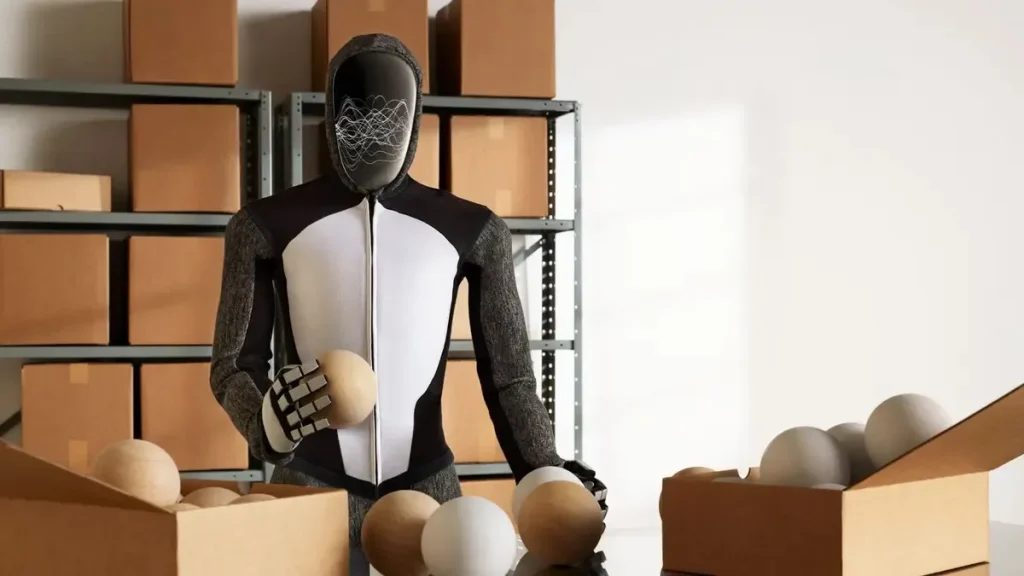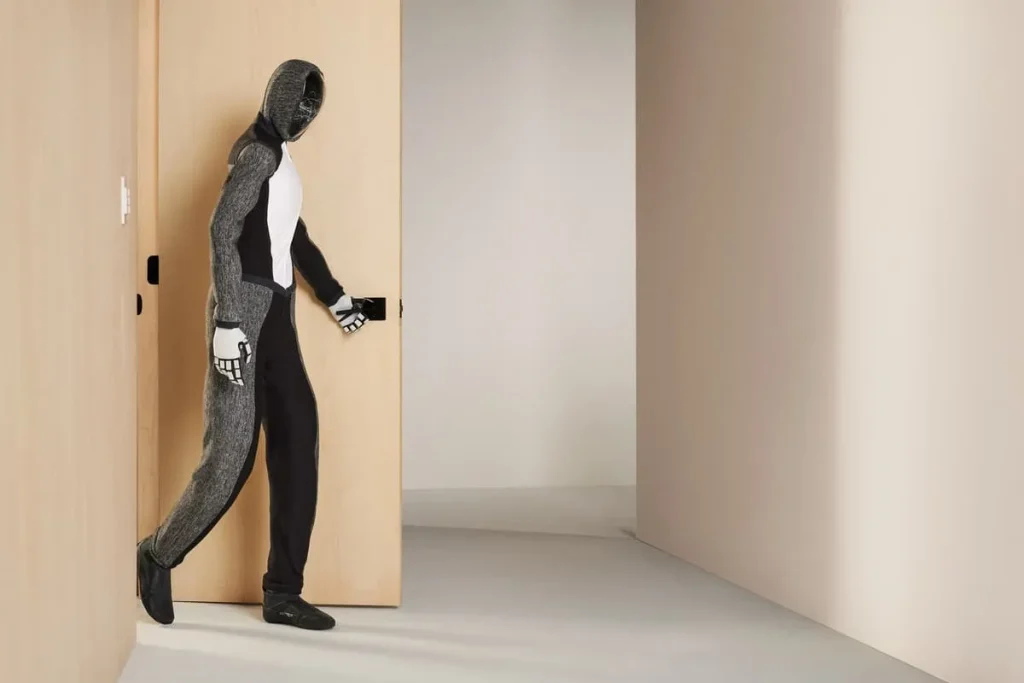1X, a leading innovator in humanoid robotics, has introduced NEO Beta, a cutting-edge prototype of its bipedal humanoid robot designed for home environments. This launch marks a pivotal moment in the evolution of robotics, as NEO Beta shifts away from traditional, rigid designs towards more human-like, bio-inspired robots capable of safely interacting with people.

A Major Milestone for 1X
The unveiling of NEO Beta signifies a key achievement for 1X, as the company transitions from development phases to real-world applications. According to a video released by 1X, NEO Beta has been built to function safely around humans, addressing one of the biggest challenges in robotics. The robot is designed for scalable production at the company’s factory in Moss, Norway, bringing the possibility of humanoid robots in households one step closer to reality.
Focus on Safety and Practicality
“Our priority is safety,” said Bernt Børnich, CEO of 1X. “Safety is the foundation that enables us to confidently introduce NEO Beta into homes, where it will gather crucial feedback and demonstrate its capabilities in real-world scenarios. This year, we are deploying a limited number of NEO units in selected homes for research and development. This brings us closer to achieving our mission.”

The Mission Behind NEO Beta
1X’s mission is to revolutionise physical labour by creating safe, intelligent humanoid robots that work alongside people. To reach this goal, NEO Beta must be tested in diverse environments, helping the robot adapt to various tasks. The feedback from real-world use will be vital in refining NEO’s capabilities and ensuring it can perform a wide range of tasks efficiently.

About 1X
1X is at the forefront of humanoid robotics, pioneering the development of general-purpose robots designed for consumer households. With a strong focus on safety and usability, 1X aims to lead the next wave of robotics innovation. The company’s mission is to provide an abundant supply of physical labour through humanoid robots that work seamlessly with people in everyday environments.
